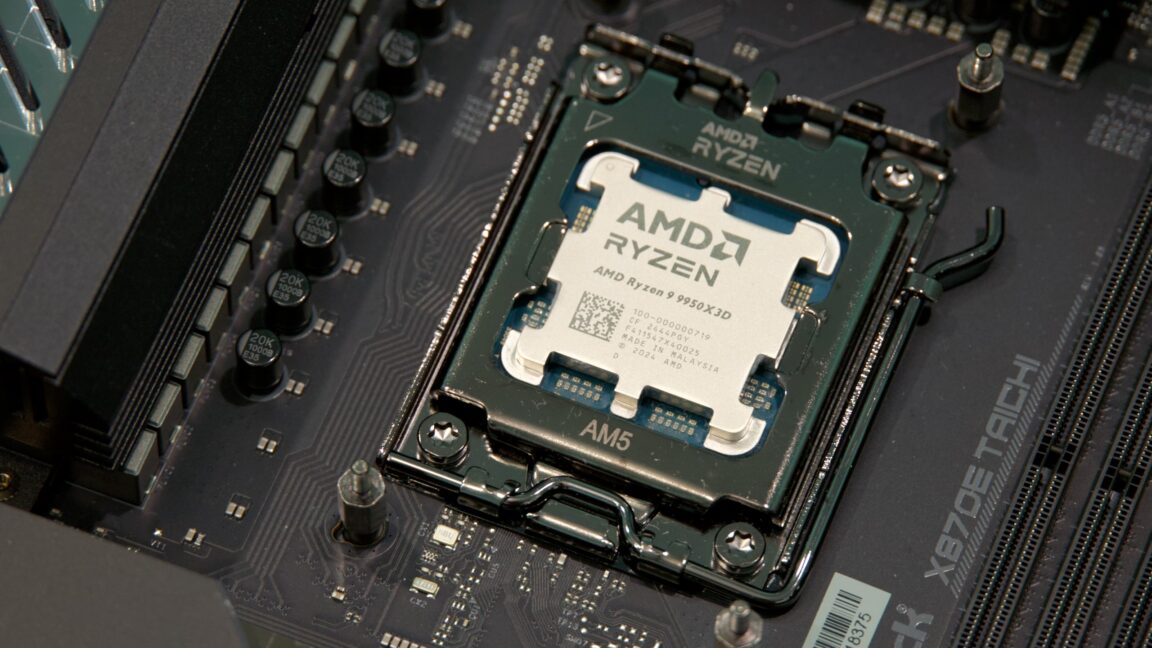
"It's also reminiscent of a monthslong process that Intel went through to track down problems with some 13th- and 14th-generation Core CPUs whose performance and stability were degrading over time. Intel had to release multiple waves of fixes to completely iron out the problems-but one major contributing factor, the company said, was motherboard makers whose products strayed too far from Intel's recommended default settings. In the end, Intel ended up extending the warranties of all 13th- and 14th-generation Core CPUs to help cover the damage."
"McAfee and Kirsch also pointed out that AMD can have slightly more trouble testing and tracking down issues because the long lives of its chipsets and CPU sockets (and AMD's various tools for adjusting power limits and overclocking) create a much wider range of possible system configurations to test. That's especially true for socket AM4 motherboards, where an X370 motherboard from 2017 could theoretically be paired with a current CPU release like the Ryzen 5 5500X3D."
Intel required a months-long effort and multiple waves of fixes to address degrading performance and stability in some 13th- and 14th-generation Core CPUs, with motherboard vendors deviating from Intel's recommended defaults cited as a major factor. Intel extended warranties for all affected 13th- and 14th-generation Core CPUs. Users should install motherboard makers' latest BIOS updates to receive updated default settings, new processor support, improved memory compatibility, and security fixes. AMD faces broader compatibility-testing challenges because long-lived chipset sockets and diverse power/overclocking tools create many more possible system configurations, especially across AM4 and AM5 upgrade paths.
Read at Ars Technica
Unable to calculate read time
Collection
[
|
...
]